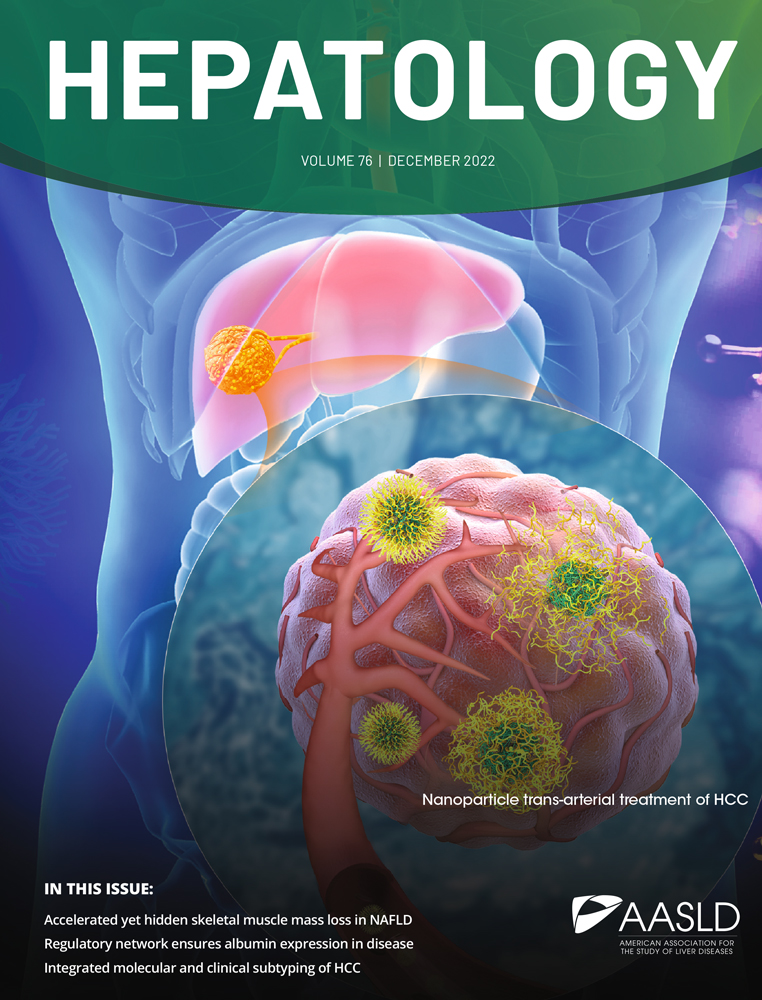Evaluation of a new hepatitis B triple-antigen vaccine in inadequate responders to current vaccines
Abstract
In this double-blind, randomized, controlled study, healthcare professionals with a history of inadequate response to currently available single-antigen hepatitis B vaccines confirmed by measuring hepatitis B surface antibody titer before entry to the study were revaccinated with a 20-μg dose either of a novel triple-antigen (S, pre-S1, and pre-S2) recombinant vaccine or of a present single-antigen (S only) vaccine. Hepatitis B surface antibody titers were measured 8 weeks' post revaccination. A total of 925 individuals were randomized and vaccinated, of whom 915 (98.9%) completed the study and were included in the efficacy analysis. A single dose of the new triple-antigen hepatitis B vaccine (Hepacare) produced a successful response in over three quarters of these subjects who had not mounted an adequate response to current vaccines. The antibody response was statistically significantly superior (P = .002) to that after a single dose of current vaccines. An evaluation of the overall response showed that only the triple-antigen vaccine was able to raise the average antibody response (geometric mean titer [GMT]) to over 100 IU/L. The superior effect of the new vaccine was most pronounced in subjects who were previously complete nonresponders to currently available hepatitis B vaccines. Both vaccines were well tolerated and had similar safety profiles. This study demonstrated that in healthcare workers who had responded inadequately to at least a full course of immunization (median, 5 doses), a single 20-μg dose of a new triple-antigen vaccine induced protective antibody level in more vaccinees (P = .002) and increased the average antibody titer (GMT) in those protected successfully to a greater degree (P < .001) than a further attempt with a current vaccine (Engerix-B).




